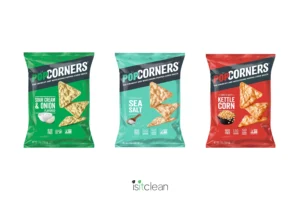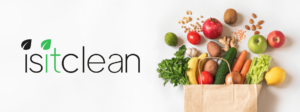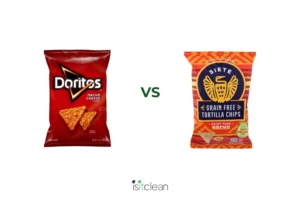
Acesulfame potassium is a zero-calorie sweetener that is added to many sugar-free…



Cyanocobalamin is a synthetic form of vitamin B12, a nutrient responsible for various bodily functions, including red blood cell formation and neurological health. In the context of food additives, cyanocobalamin is often used to fortify and supplement food products with vitamin B12. The production of cyanocobalamin involves a chemical synthesis process, typically starting with certain bacterial strains that naturally produce B12 through fermentation. Cyanocobalamin can be added to a variety of foods, such as cereals, plant-based alternatives, and nutritional supplements, to address dietary deficiencies.

Cyanocobalamin added to food may help improve vitamin B12 status. However, this synthetic form of B12 may not be as bioavailable as other forms.
Health is like a bank account, certain ingredients make a deposit into your health bank, meaning they add to
your health. Certain ingredients withdraw from your health bank. We want health promoting ingredients in our diet. To keep things simple, we rate ingredients on a green, yellow, red scale:

It is naturally occurring in food and has no harmful effects on the body. It is real food. It is health promoting.

It goes into one or more of the below categories

It is known to have a harmful effect on the body (ex. All food colorings, Natural Flavors, MSG, Potassium bromate, aspartame, artificial flavors)



The Food Showdown: Popcorners flavors
Ingredient Rating: Canola oil – is it bad for you?
Clean Consuming: Nourishment for your

We have accomplished so much in just 1 year since our launch in March of 2023! We now have 10,000

The Nacho Chip Food Showdown, is Tapioca Starch safe in food? and a must-see documentary on America’s food system.
Stay in the know with the latest ratings, articles, and our newsletter, The Dirt.